“I take every day as it comes; I just want to document African stories in the area of sports. I want to tell stories on the importance of sport or football to Africa.”
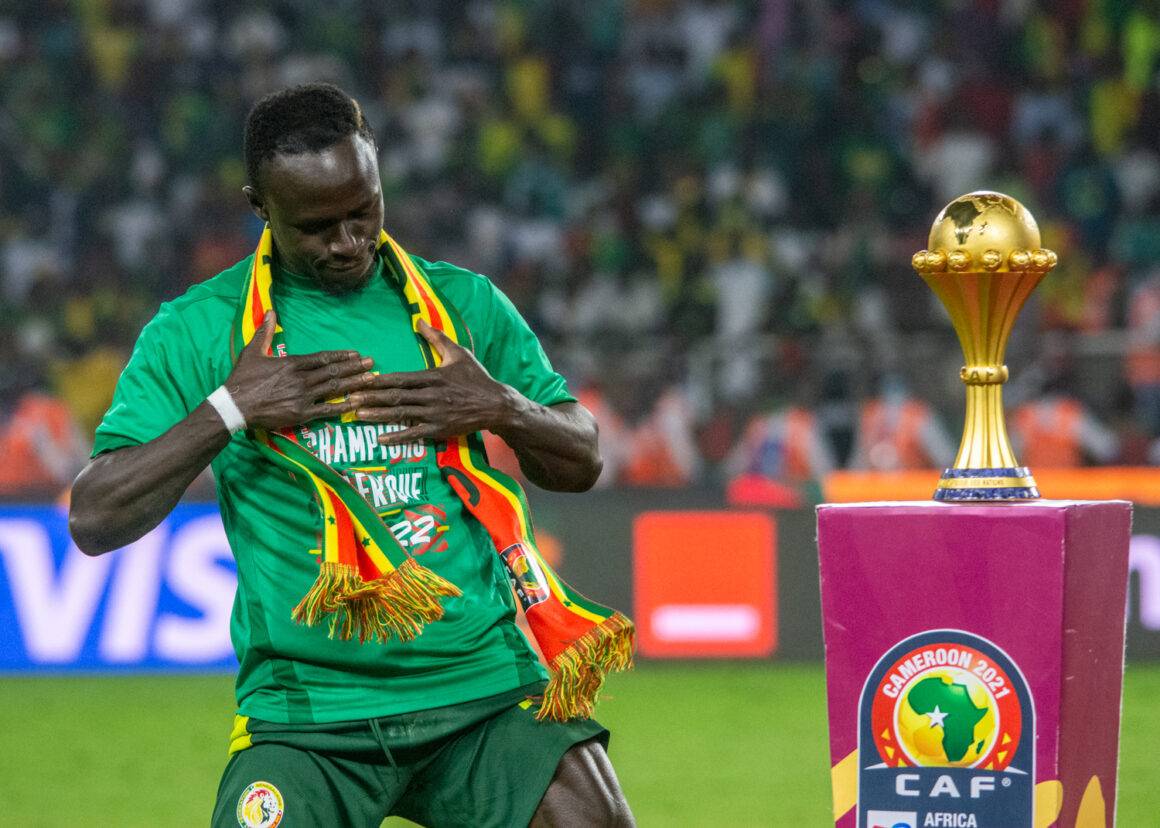
Sharing African Stories in Sport. An Interview with Chris Onah.
Nigerian sports photographer Christopher Onah, part of IMAGO partner Shengolpixs, recently covered the FIFA Africa Cup of Nations final, but he also focuses on documenting life throughout Nigeria and Africa. With a love for football, concerts and street photography, Onah shares his journey and the different aspects of the sports photography industry in Africa.
Tell us about your photography journey?
I can remember growing up; we had an Olympus Stylus AF 35mm Point and Shoot Film Camera, I would go around taking pictures with it. During school vacations, I took some family portraits with it and because we stayed very close to the beach, I would find my way during celebration season to photograph performing artists. The likes of Plantashun Boiz (2face, Blackfacenaija, Faze alone), The Remedies, Azadus, Daddy Showkey, Baba Fryo, African China, Daddy Fresh, Junior and Pretty among others. It was so fun for me to keep all of those memories. I couldn’t understand what I was doing then but I loved those moments. Those days I would have to ask for money from my mum after assisting her to sell food to develop some of the film, and also have money to be able to pay for the gate fee.
I kept so many developed films; occasionally I would bring them out and clean them. On one faithful Sunday, I came home to a renovated home and I was so happy about how everything was looking new. The next thing was to look for my developed film, and I realized that all of the developed film had been burnt and destroyed by my brother. In his opinion I was hoarding, and I was so pained by this and lost interest in photography. In 2004, a friend was getting married, he couldn’t afford to get a photographer, so I made the decision to get a camera and helped him out. He loved the photographs and that was when I started attending various photography classes again to enable me to get back into it. In 2017 I took out time to document a local football tournament, and also did a documentary for a footballer and in 2019, I decided to go into sports photography.
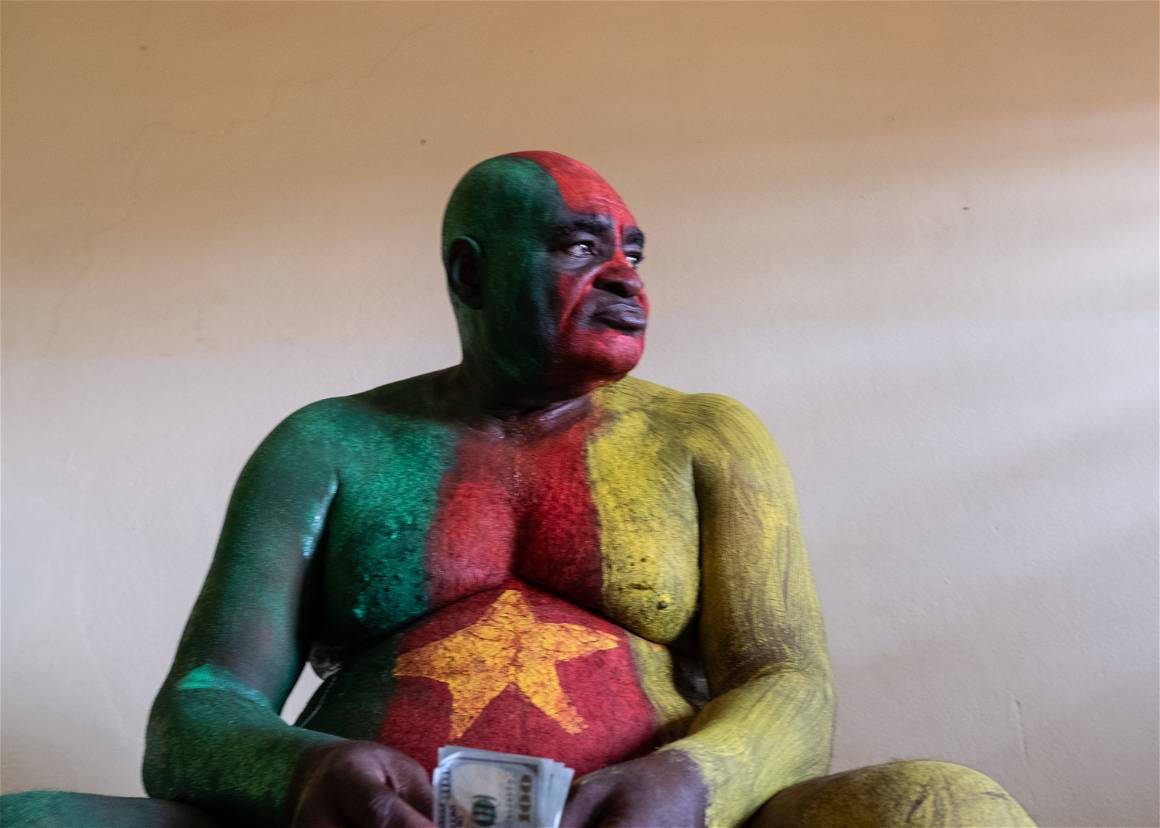
What topics are you most interested in and how do they reflect your world view?
Growing up I have always loved to document and keep memories for the future. In 2017 I attended a Canon Master class for documentary photographers and it was a big moment that changed my perspective about photography. Now I can say that I’m a documentary photographer with keen eyes for documenting everyday life, sports, concerts, weddings and anything that pays the bills.
How have you evolved as a photographer since picking up your first camera?
I was a very shy and timid guy but through the process and accumulating love for photography, the camera has been able to guide me away from that reality of life, I have been able to meet people I never expected to meet, touched people’s lives through photography and travel miles within my country and outside.
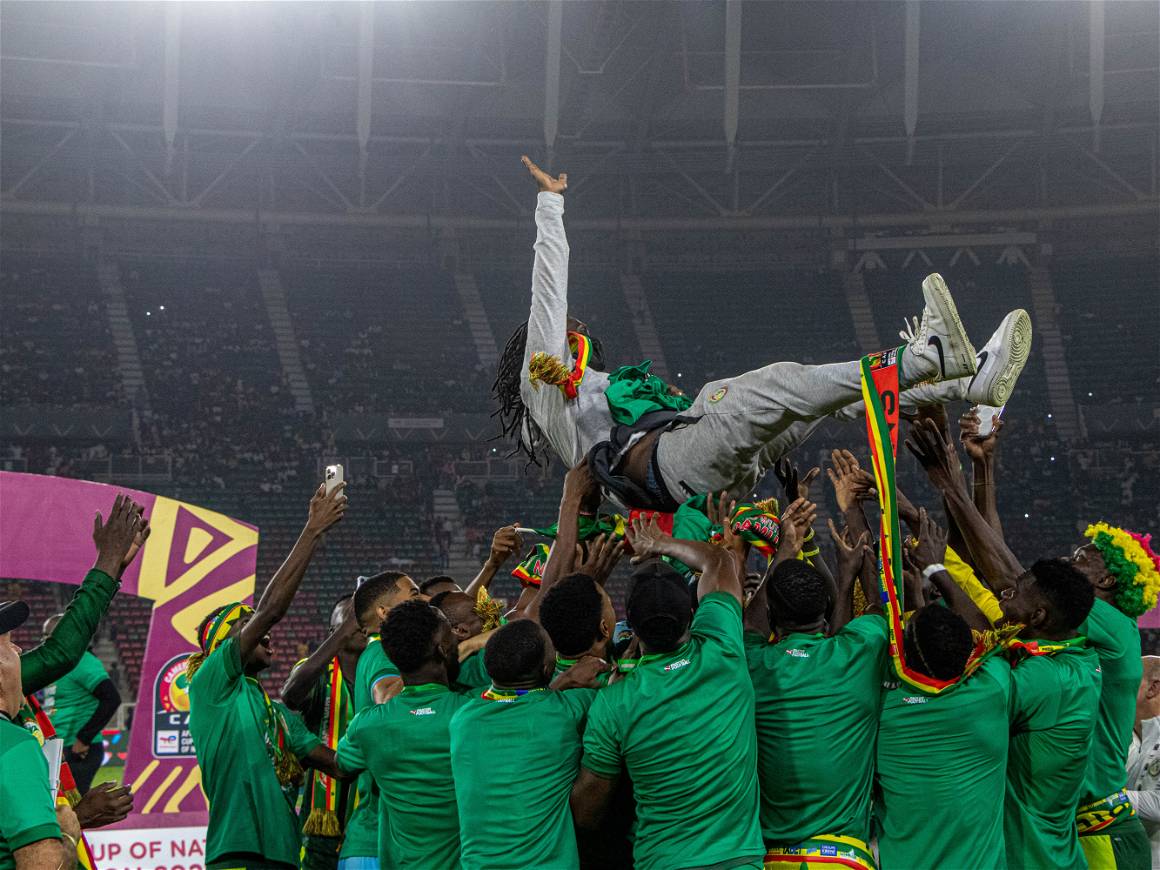
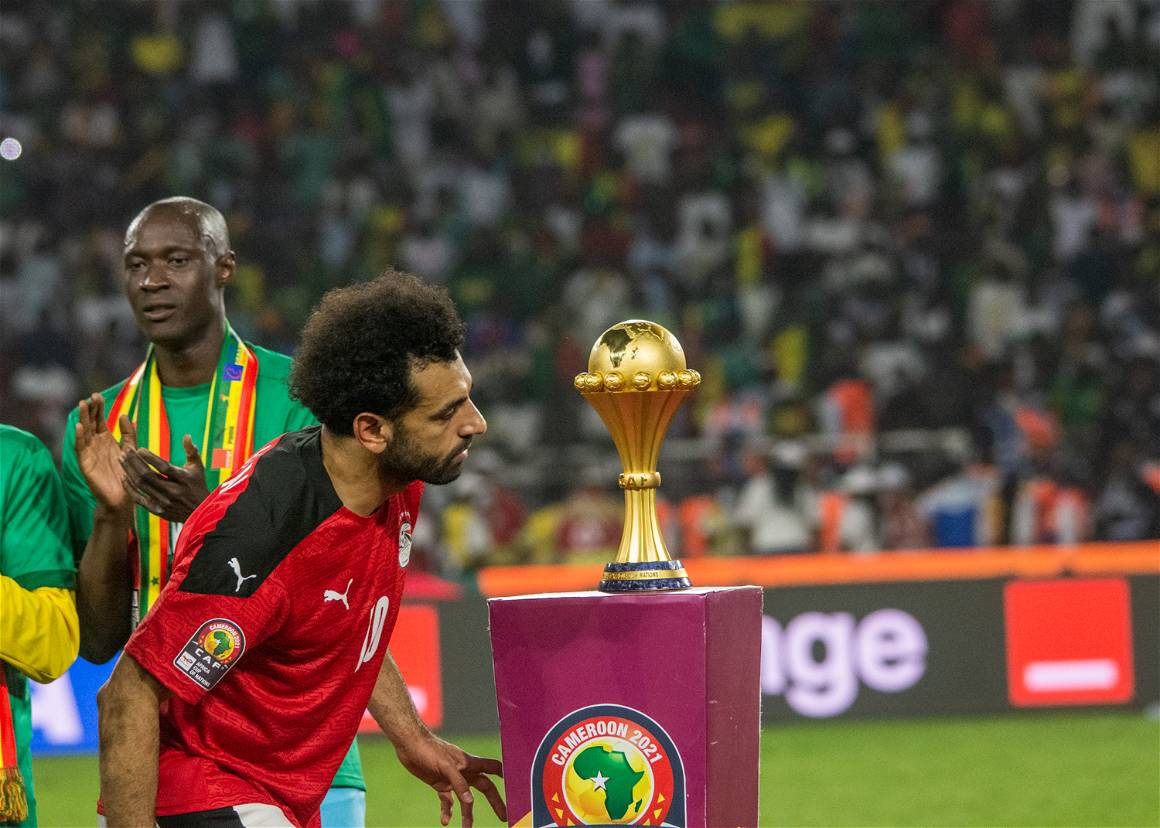
Your photo of Mohamed Salah walking past the AFCON trophy was quite evocative. Did you have time to reflect on the picture and what do you think was going through his mind as you snapped the photo?
Lol, the moment I saw Mohamed Salah walking towards the AFCON trophy I was just smiling and the slogan that came to my mind was, I DEY ENTA YOUR EYES ABI, CLOSE AM (this was a trending slang at the time by skit makers). I saw pain and disappointment for not achieving his goal. Before that final a fellow photographer and I already said that if he wins, it will be an opportunity for him to be nominated or be top world best player.
How challenging is it working in the field as an African photographer?
It’s really challenging working as an African photographer because we don’t make a reasonable amount of money from our job. If you are lucky to be working, you are assured of a salary, if not, you really don’t know when you will get a paid-job as a freelancer. As a freelancer we have to work our ways around, I think the main challenge in my profession is people undervaluing the importance of photography and also do not either value their own photographers, or will want to over-use them for little pay. Some African photographers that have the opportunity are not ready to share those opportunities but will prefer to cheat on their own. International media in Africa will prefer to bring in their own photographer and pay them more than to use African photographers, but the lockdown period was an opportunity for African photographers to show their skill and I’m happy I can see some of them working with international media which is great. In general, being a photographer in Africa is not easy at all, I hope we’ll break out soon.
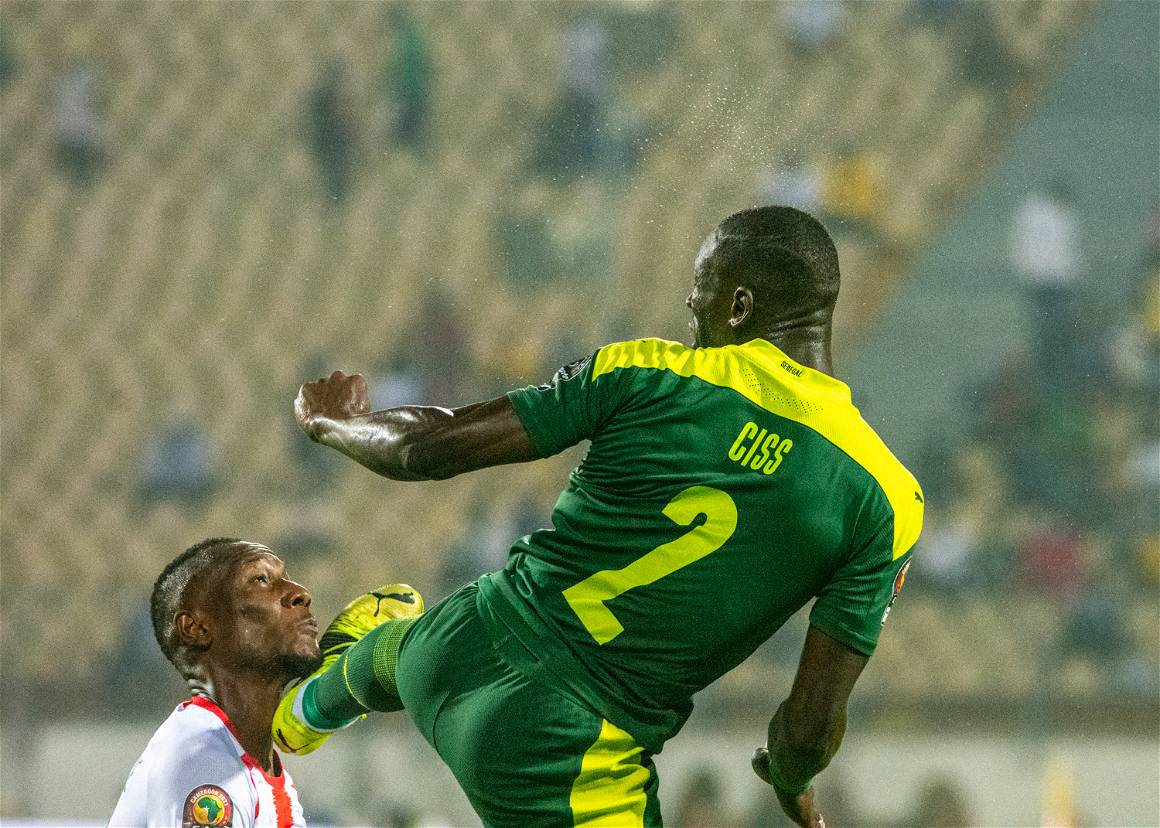
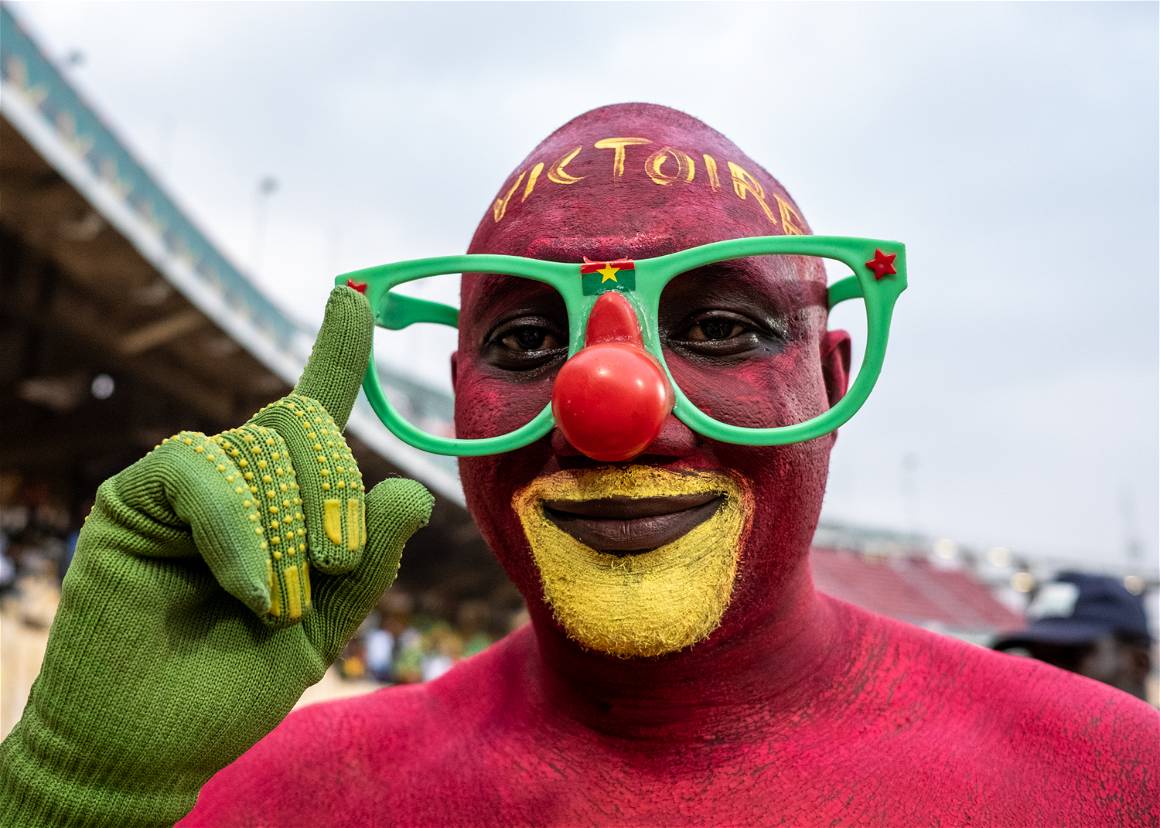
Where do you see your photography in the next decade?
In the next decade? The dream of every person who is serious about their art is to keep improving and getting better at what they do. I look forward to being able to attain the milestones I set for myself as the days unfold. I take every day as it comes; I just want to document African stories in the area of sports. I want to tell stories on the importance of sport or football to Africa.
There are the finals of FIFA tournaments, UEFA Champions League, Africa Cup of Nations, English Premier League, La Liga amongst others and I’m really hoping to photograph AC Milan, and if possible the Milan derby in San Siro ‘Stadio Giuseppe Meazza’ before it is demolished. My plan is to be happy doing what I love and to be able to provide for and help those around me. The next decade will sort itself out.
A group of friends and I founded a sport media company called WESHOOTSPORT. The idea is to become Africa’s go-to sporting home in providing sporting service and also provide job opportunities for others, hopefully it works out.
In a world where the smartphone is competing with the camera, how do you stay financially solvent?
Either Smartphone or DSLR, it’s the person that creates the images and not the gadget, just recently I delivered a paid job of some set of photographs that I took with my phone. We cannot take away the place of smartphones from photography. That being said, you cannot compare the quality of DSLR to smartphones. No agency will ask their photographer to deliver photographs from the World Cup or Champions League shot with a smartphone. That will only happen if the photograph from the smartphone is the only option or it stands out among other photographs.
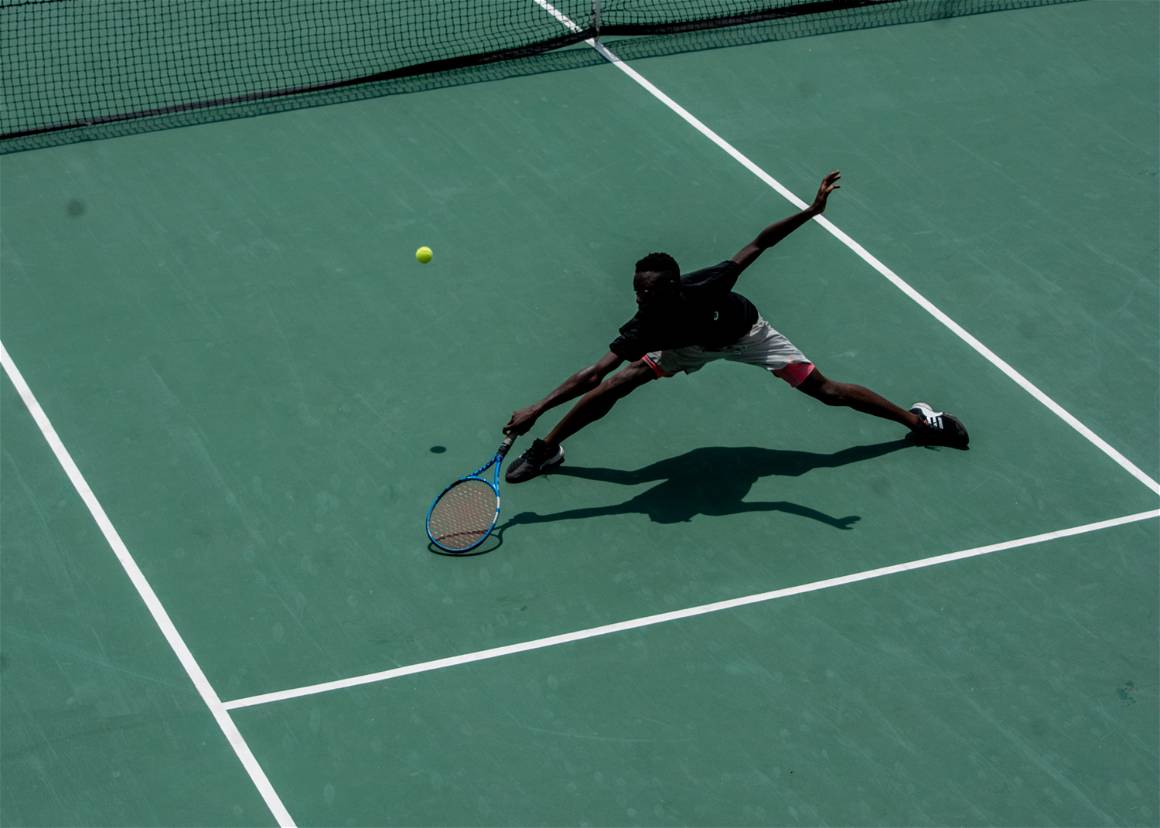
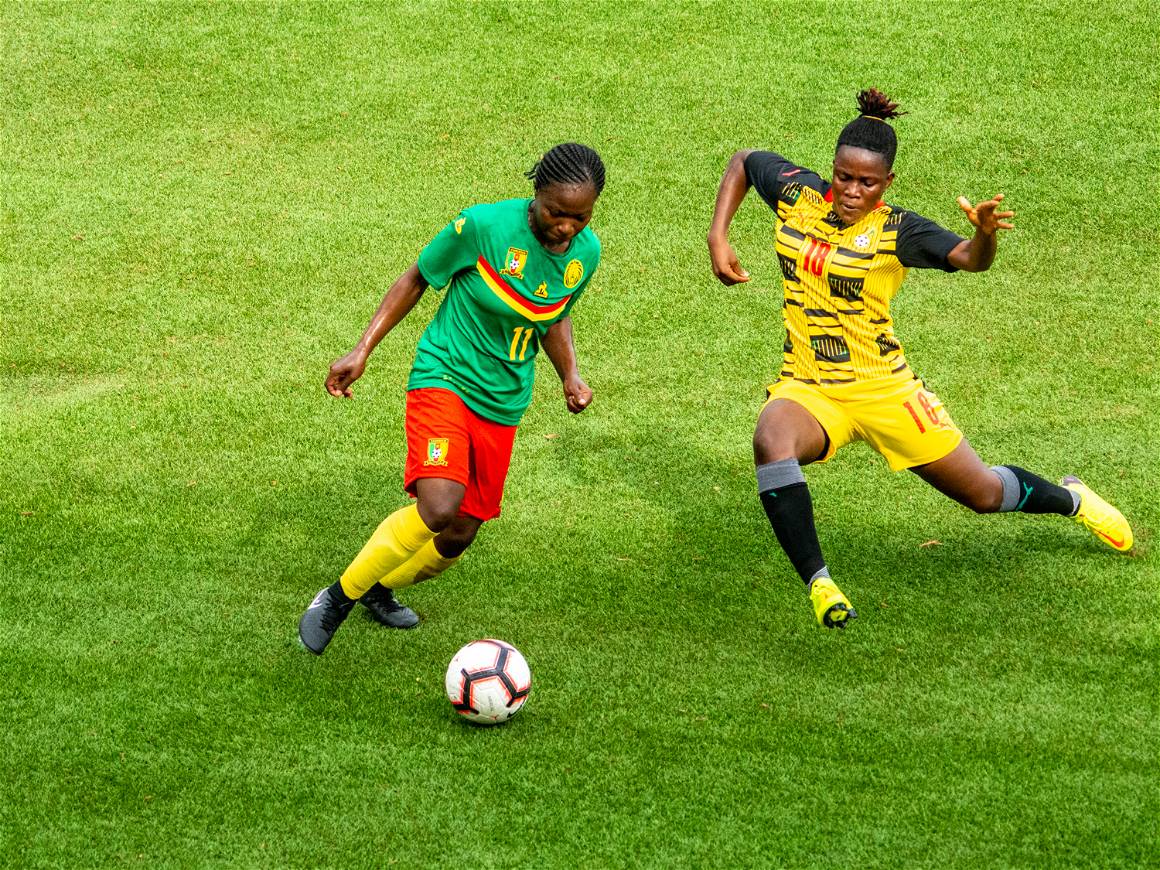
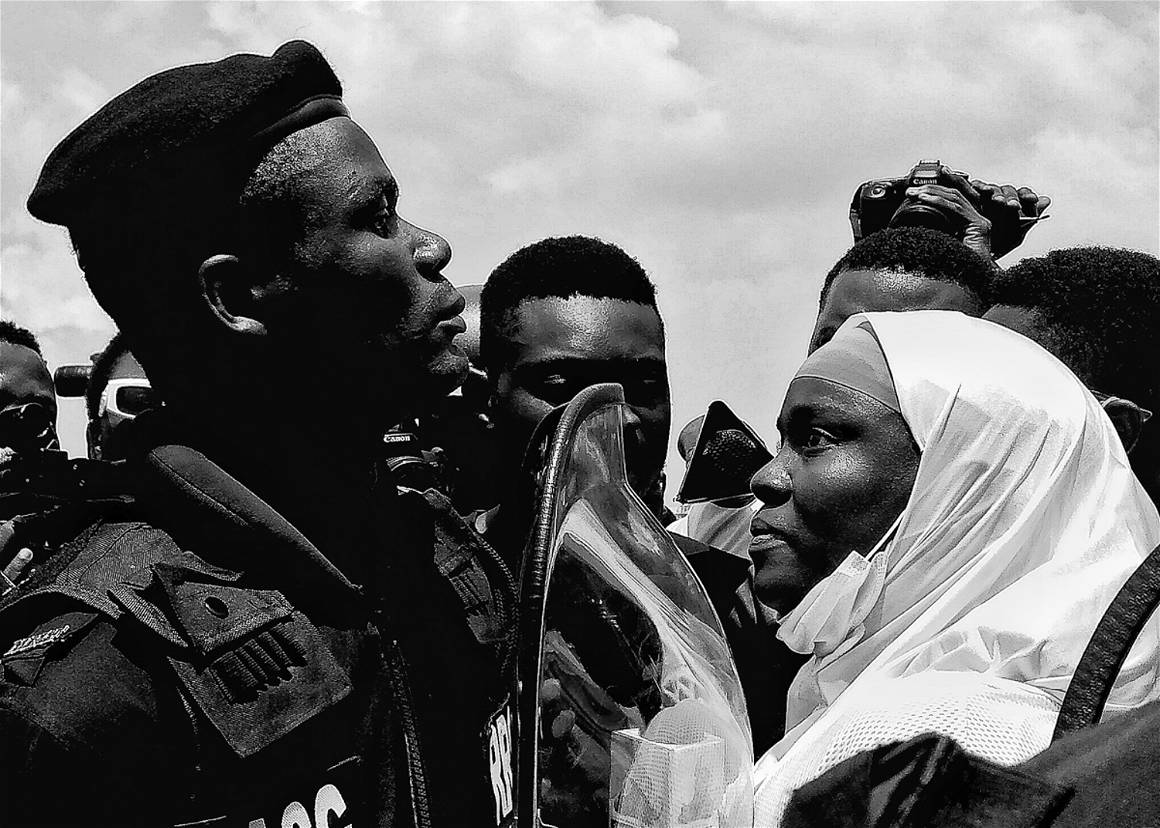
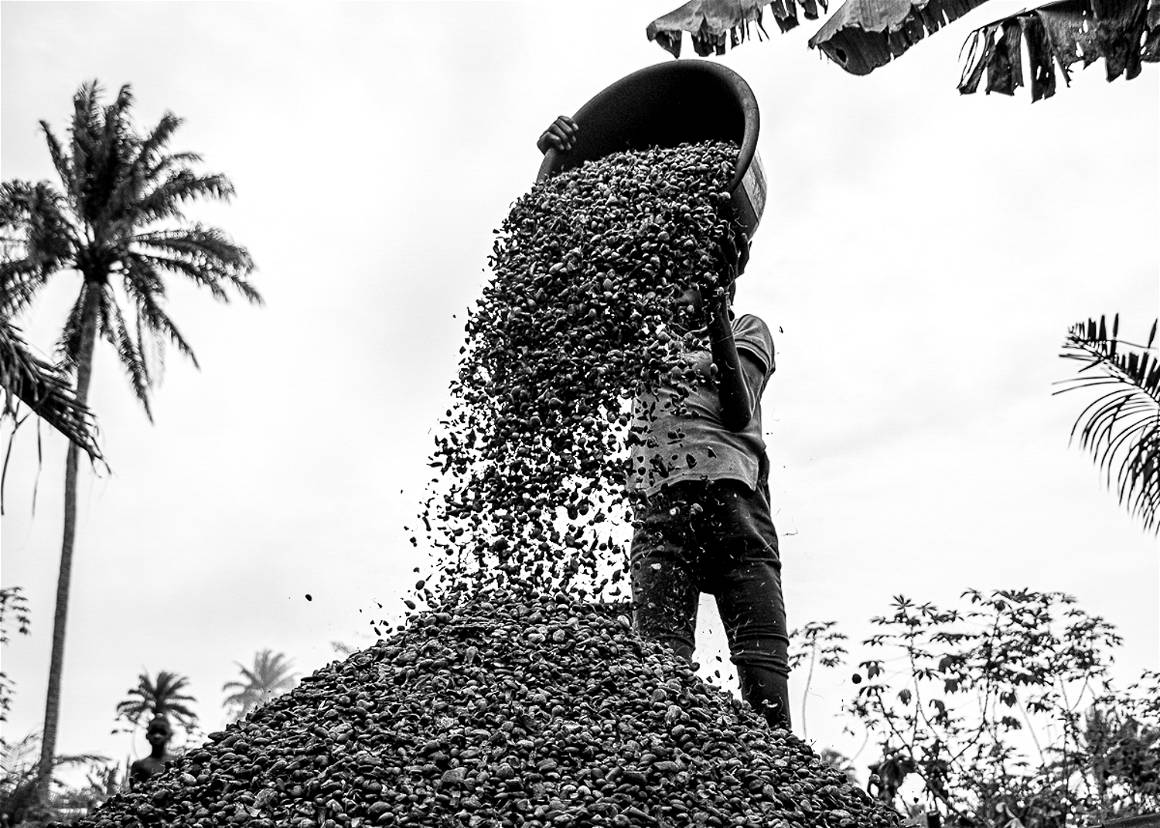
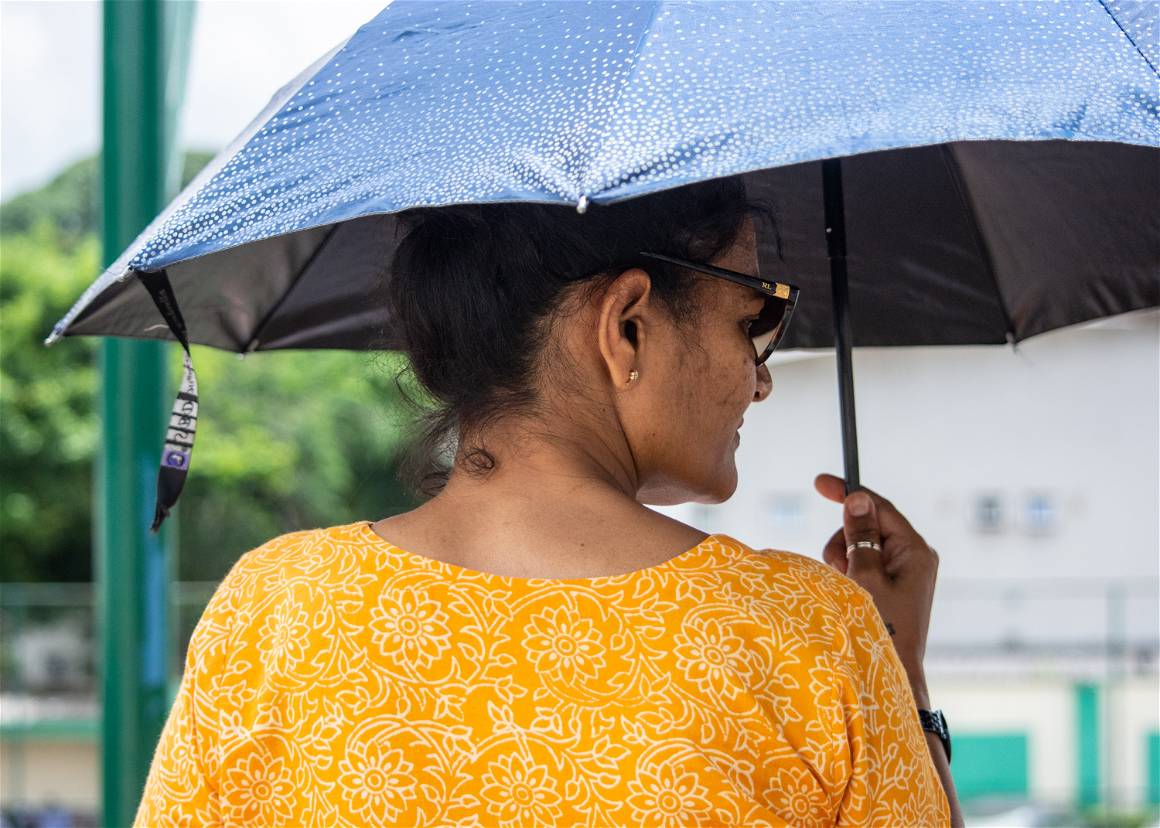
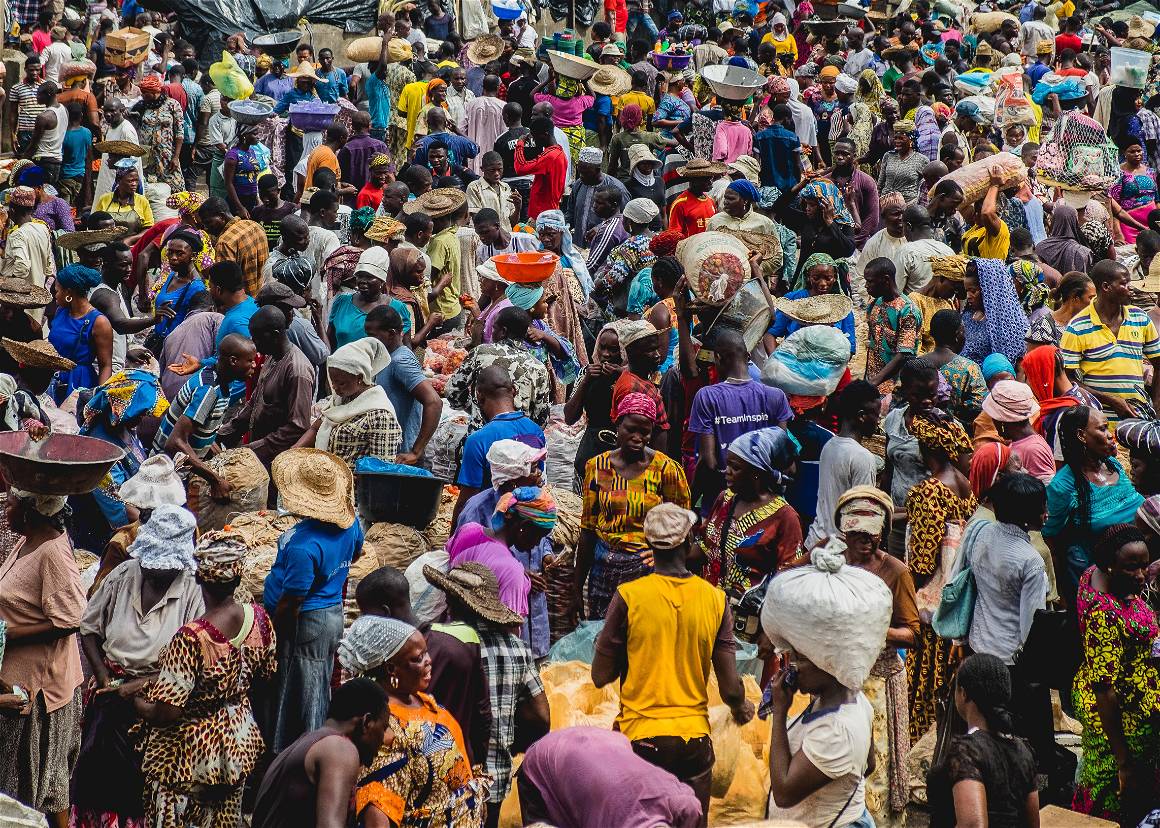
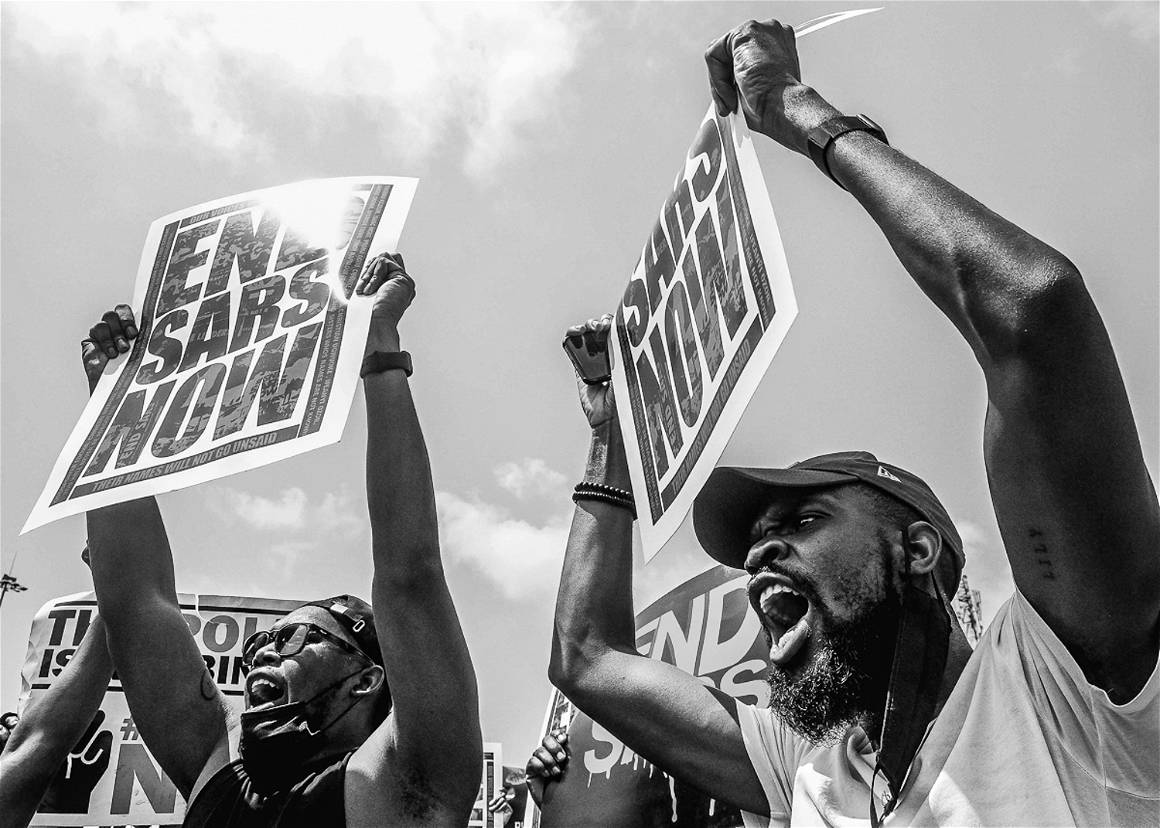
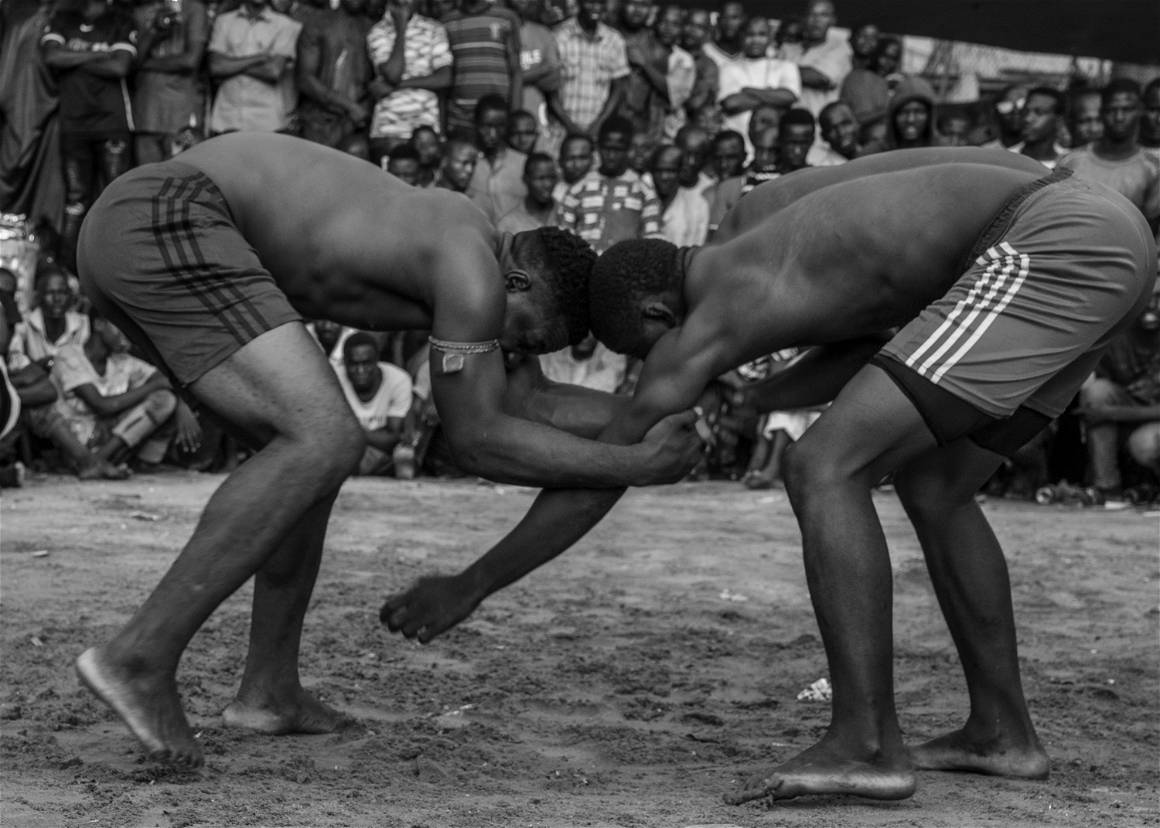
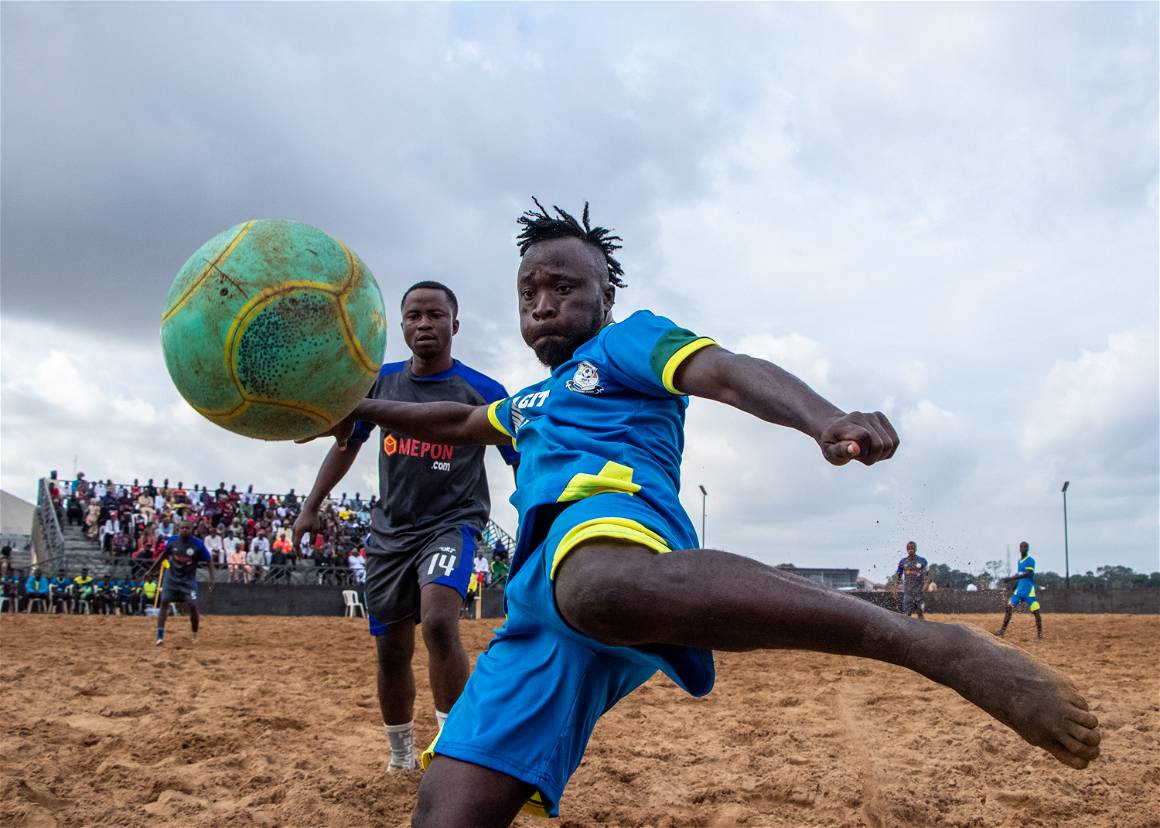
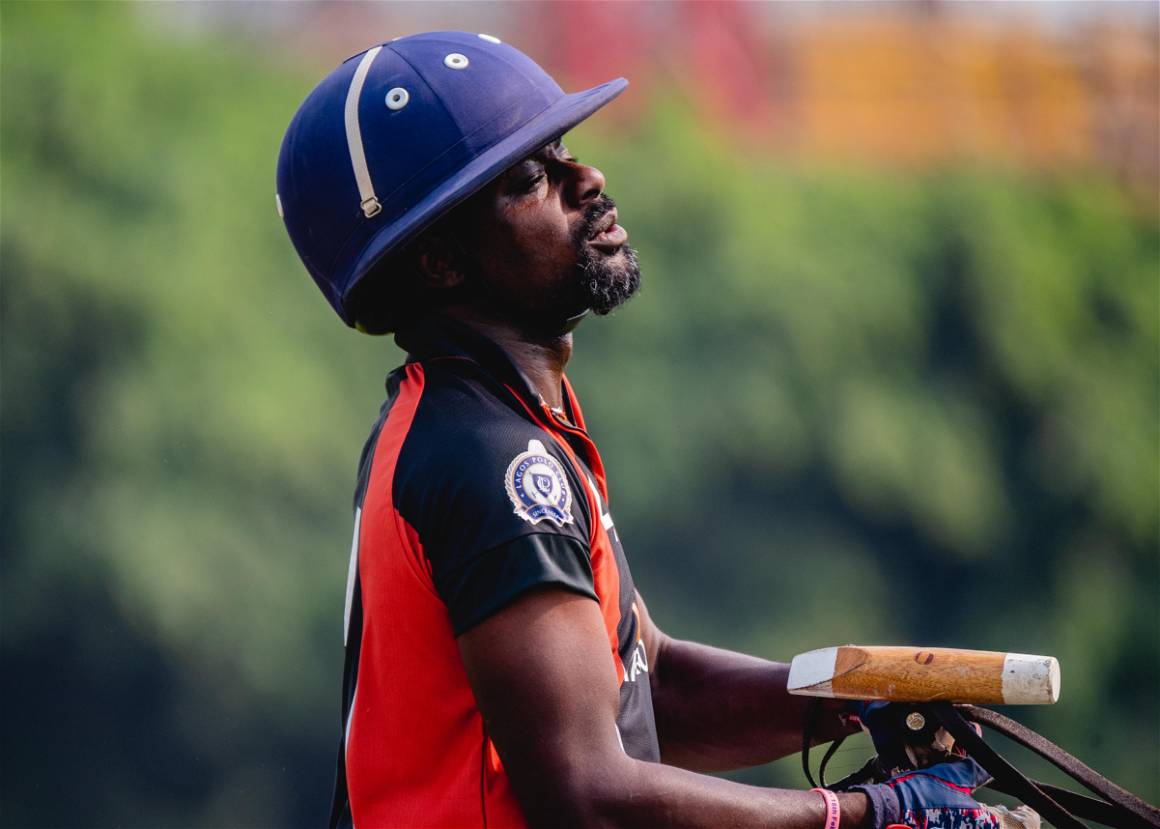
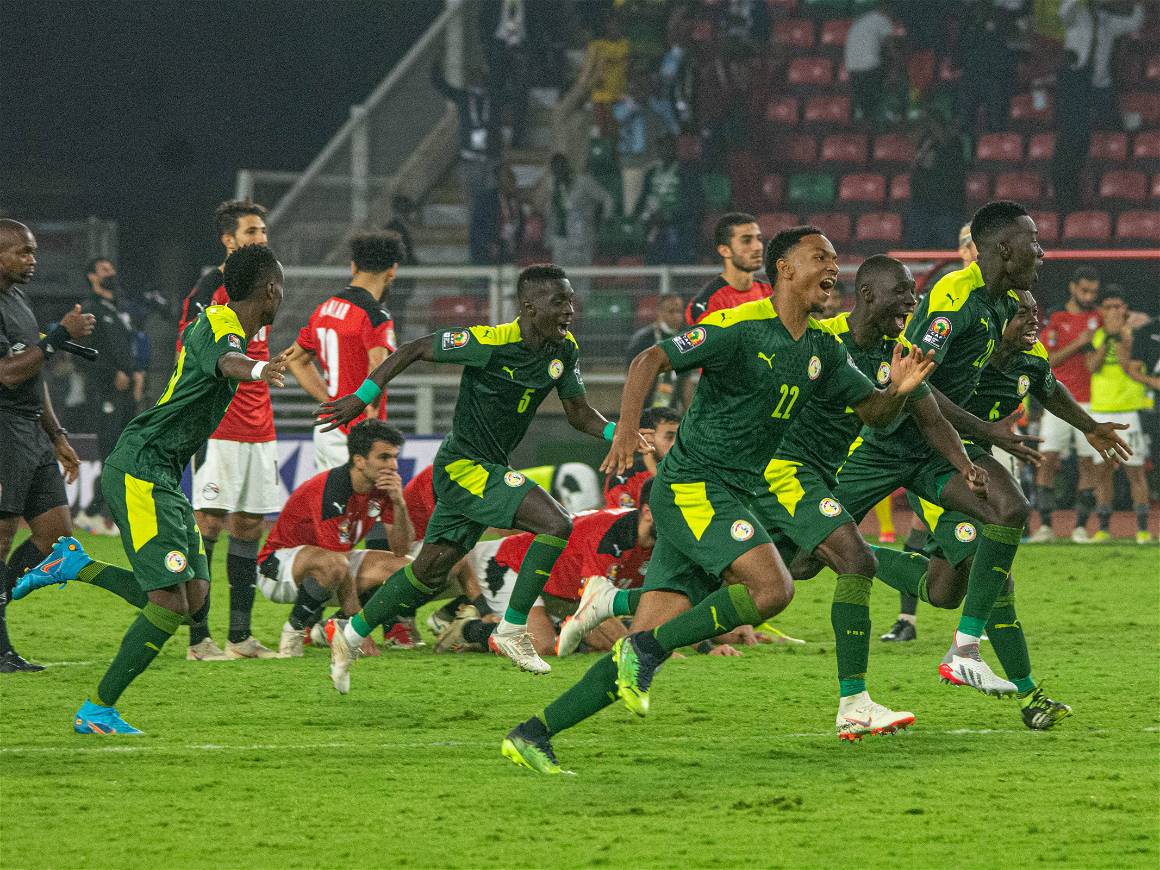
All photos by Christopher Onah. Interview by our latest sports writer, Lolade Adewuyi. He is a Berlin-based freelance journalist who has covered three FIFA World Cups since South Africa 2010. He loves sports stories.


